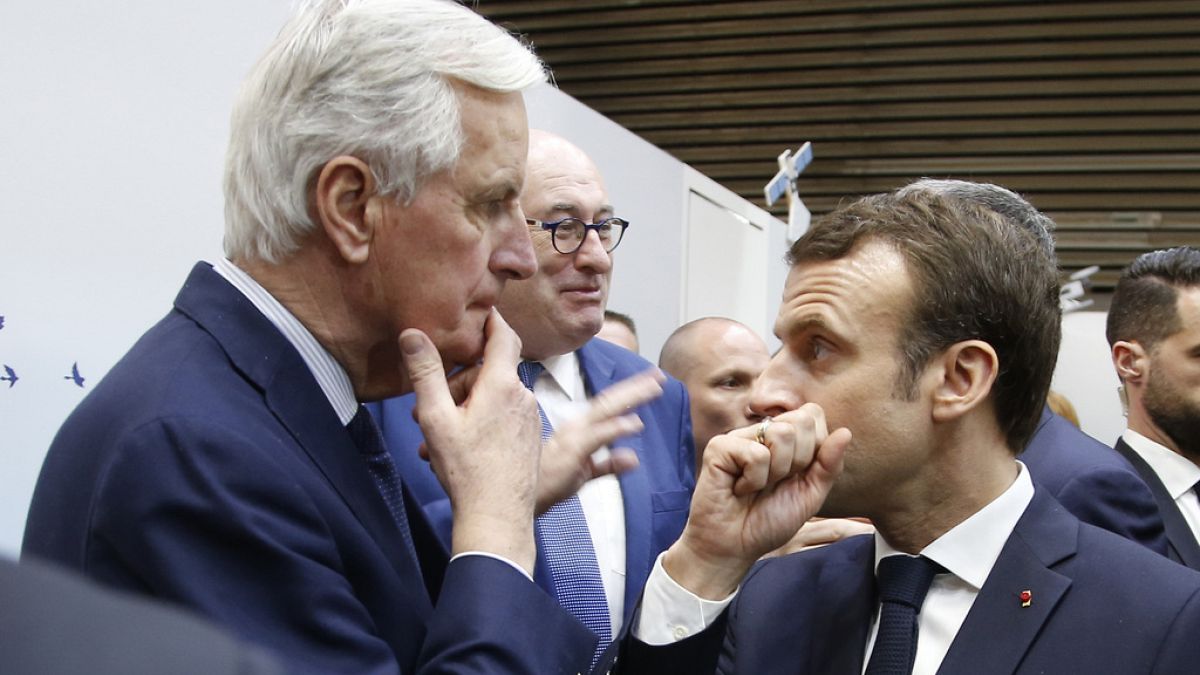French President Emmanuel Macron has appointed Michel Barnier as the new Prime Minister of France. Barnier, a member of the traditional right-wing party The Republicans, faces the challenge of forming a government and winning a confidence vote in a parliament divided into three blocs since Macron called for snap parliamentary elections. With the far-right National Rally party having significant power in parliament, Macron chose Barnier as a compromise candidate who could potentially appease both the far-right and left-wing coalitions.
While some within Macron’s camp question the decision to block the rise of the far-right during the parliamentary elections only to end up compromising with them now, Barnier’s appointment is seen as a way to maintain continuity in Macron’s right-wing policies. Despite being the oldest-serving Prime Minister in modern French political history, Barnier is not viewed as a threat to Macron’s camp or their preparations for the 2027 presidential election. His appointment is seen as a way to give the presidential camp and The Republicans more power.
Barnier’s background as a former EU commissioner and architect of the Brexit accords makes him a reassuring figure for EU institutions and member states. His expertise in financial matters and his ability to compromise could benefit France in its dealings with the EU, especially as the country faces the challenge of cutting public spending to comply with EU rules. With a deadline of September to submit proposals for spending cuts and a budget due in October, Barnier’s conservative approach to budgetary issues could reassure France’s EU partners.
Overall, the appointment of Michel Barnier as France’s Prime Minister is seen as a strategic move by Macron to navigate the country’s political deadlock and potentially address key financial challenges facing the nation. Barnier’s experience in EU negotiations and compromise could benefit France as it navigates its relationship with the EU and works to address its budgetary concerns. While some questions remain about Macron’s decision-making process, Barnier’s appointment is viewed as a way to bridge political divides and move forward in addressing the country’s pressing issues.










